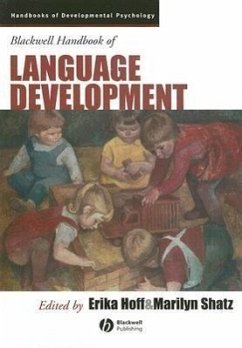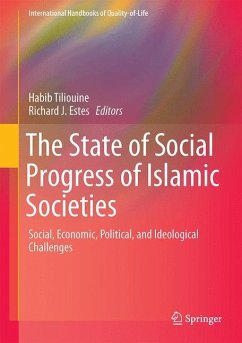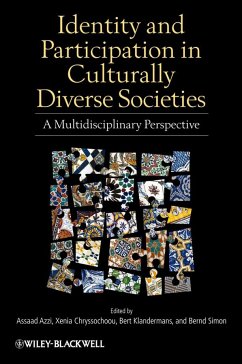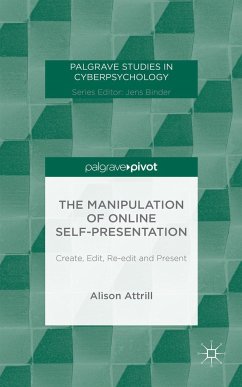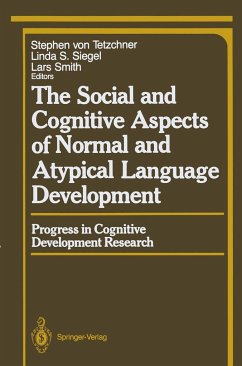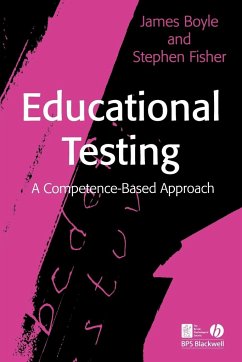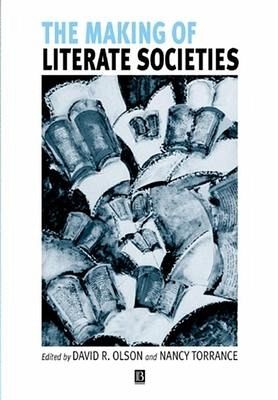
The Making of Literate Societies
Versandkostenfrei!
Versandfertig in über 4 Wochen
79,99 €
inkl. MwSt.

PAYBACK Punkte
40 °P sammeln!
This volume highlights the role of literacy in social development and the directions that governments and other agencies should take in designing their literacy programmes. The contributors, who are field workers, educational psychologists, sociologists, policy-makers, and development studies scholars, discuss the direction of literacy policy with regard to developing countries and marginalized segments of developed ones. The volume is divided into two major sections. The first examines literacy as a social practice in what have already become 'literate societies'. As this section makes clear,...
This volume highlights the role of literacy in social development and the directions that governments and other agencies should take in designing their literacy programmes. The contributors, who are field workers, educational psychologists, sociologists, policy-makers, and development studies scholars, discuss the direction of literacy policy with regard to developing countries and marginalized segments of developed ones. The volume is divided into two major sections. The first examines literacy as a social practice in what have already become 'literate societies'. As this section makes clear, literacy development reflects both the intrinsic structure of the society and reshapes those activities and institutions around texts and other founding documents. The second part examines, through carefully chosen case studies, ongoing literacy projects, programmes and other initiatives in developing societies in Asia, Africa and Central and South America.






